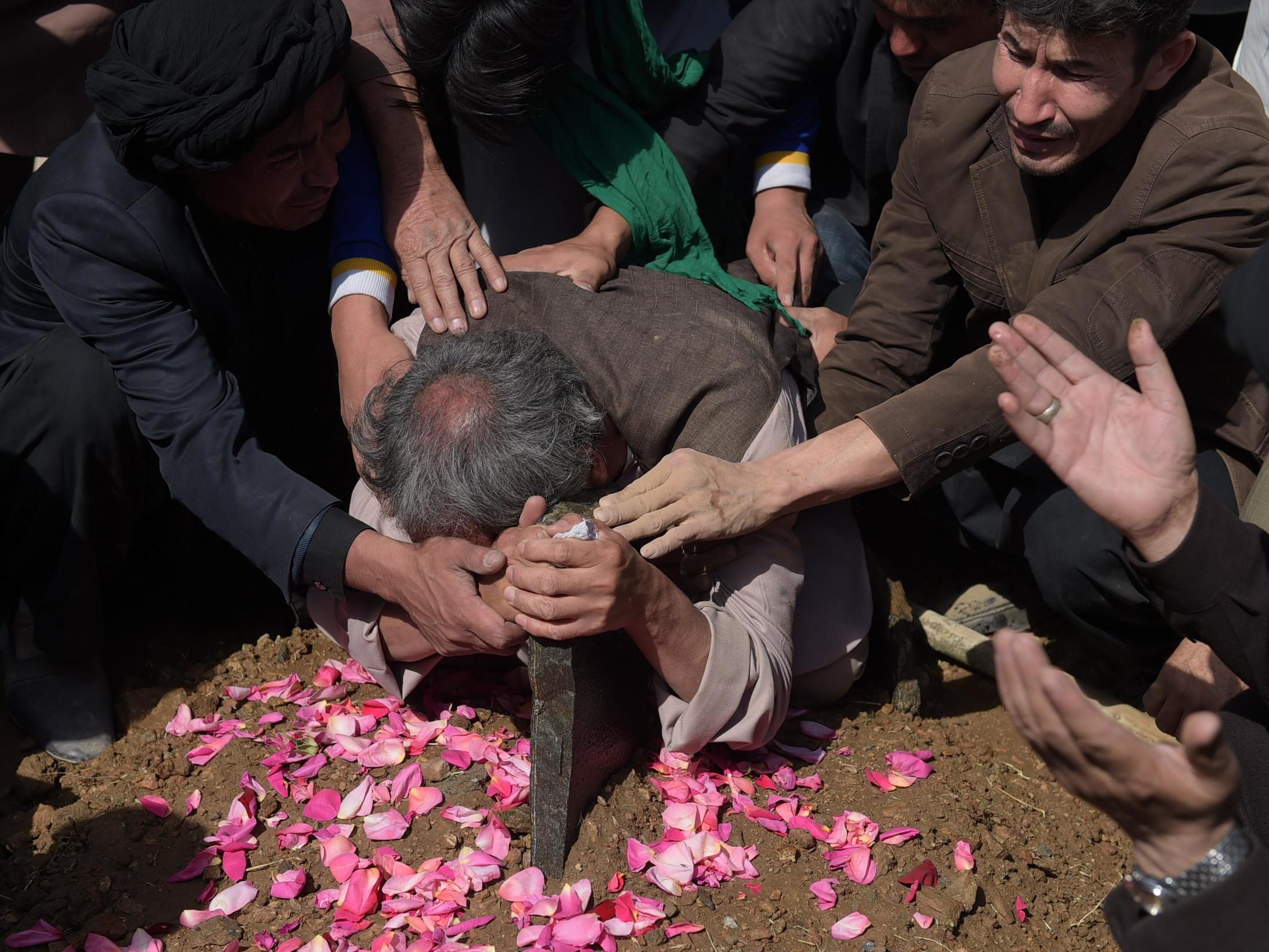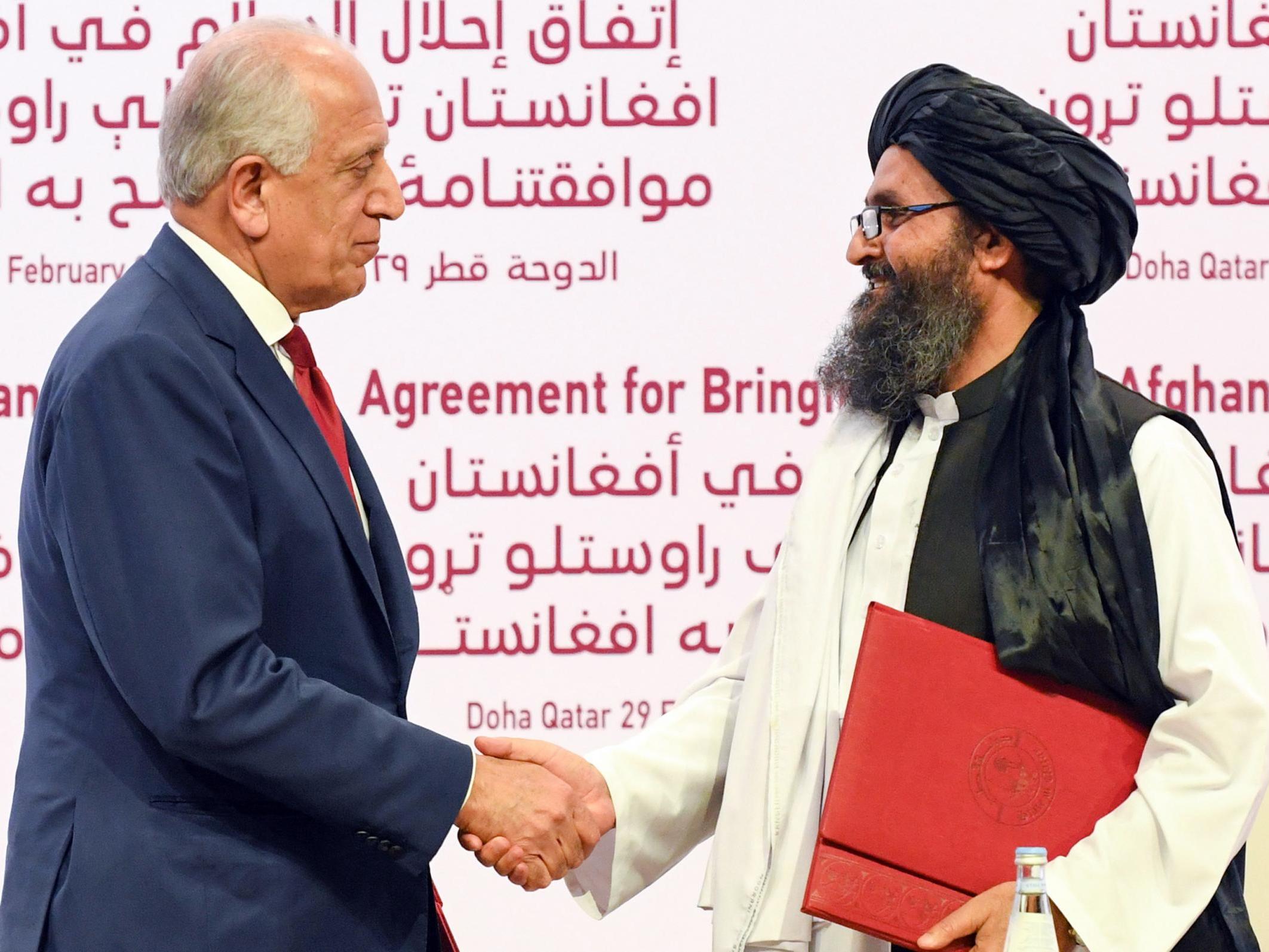Why the Afghanistan war crimes inquiry will not bring justice to a devastated nation
Analysis: No party implicated will send alleged perpetrators to the top court, but the move is nevertheless an important step in holding a powerful nation to account, writes Kim Sengupta


The Afghanistan agreement signed last weekend in Doha did not, as was to be expected, lead to peace immediately breaking out. The Taliban resumed attacks after their demand for the release of prisoners was rejected, and the Americans responded with air strikes.
The opposing sides are in agreement on one thing, however – none of them want the International Criminal Court (ICC) to investigate allegations of atrocities committed during this long and bloody war.
The US does not recognise the ICC, and the Afghan government, which does recognise the court, opposes the inquiry. Moreover, the chances of the Taliban handing over its fighters to be carted off to The Hague to face foreign, infidel justice is nil.
This, indeed, was the initial conclusion of the ICC when it rejected the request for the investigation from its chief prosecutor, the Gambian lawyer Fatou Bensouda. It emphasised that the prospect of a successful prosecution was extremely doubtful because the US, the Afghan government and the Taliban would refuse to cooperate.
The US administration said at the time that it would revoke or deny visas to ICC staff who sought to enter the country to investigate allegations against US citizens in Afghanistan or anywhere else. Ms Bensouda’s visa was promptly revoked.
One can expect Donald Trump, who has pardoned American service personnel prosecuted in the US on charges of war crimes in Afghanistan, to defy the wishes of the US military and go on a Twitter diatribe against the ICC.

Nevertheless, the ICC is proceeding with the investigation. Its appeals chamber now says that a lower court misinterpreted some of the organisation’s rules in arriving at the first decision. The chairperson, Piotr Hofmanski, said: “The prosecutor is authorised to commence investigation in relation to events dating back to 2003 as well as other alleged crimes [related to] Afghanistan.”
It remains unclear just how the ICC will gather evidence and bring alleged perpetrators to court given the obstacles that it faces, and what measures it intends to take to deal with the restrictions.
This does not mean, however, that the search for justice should be abandoned. As Steve Crawshaw, the policy and advocacy director of the human rights group Freedom from Torture, pointed out: “This announcement is important in reminding us that nobody is above the law. Nobody should get away with war crimes and torture. Many torture survivors who come to Freedom from Torture are from Afghanistan, and we know that torture is committed by government and rebel forces alike.
“Donald Trump has said that torture ‘absolutely works’, thus giving a green light to torturers worldwide. Dangerous talk like that must be confronted. Torturers must be held to account, whoever they represent and wherever they are.”
This was a significant move for the ICC on another count. The court has been criticised for focusing on alleged crimes of smaller nations and their leaders in the developing world, very often ones in Africa, while avoiding investigating more powerful states.
In this context, taking on the United States over Afghanistan is an important step in the court’s stated aim of pursuing without fear or favour the cases of injustice that fall under its remit. We shall have to see how far it gets in doing so.
Join our commenting forum
Join thought-provoking conversations, follow other Independent readers and see their replies
Comments
Bookmark popover
Removed from bookmarks